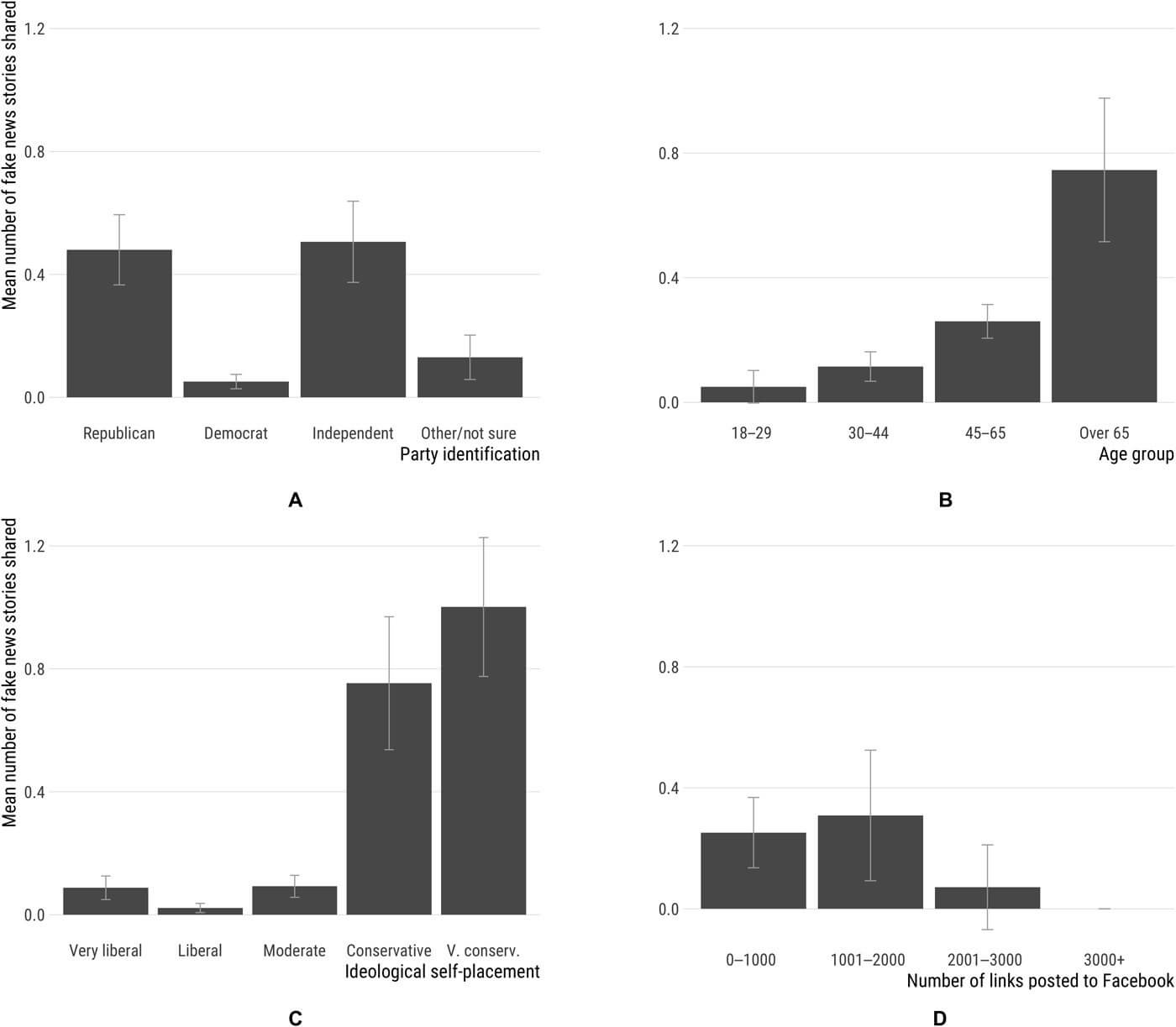Bottom line: Users over 65 shared more than twice as much fake news as the next age group (45-46) and seven times as much as the youngest age group (18-29). While conservatives shared more fake news than liberals, age was the biggest determining factor.
Researchers at New York and Princeton Universities have conducted a study that shows Americans over 65 are the most likely to share fake news. Ever since the 2016 U.S. presidential election, the notion of fake news has become a case of study as social media companies work to combat its spread.
Facebook was perhaps the most notorious due to the numerous misinformation campaigns that took place on the site. With the accepted consensus that Russia produced a vast amount of fake news to help Donald Trump win the presidency, it's easy to see just how much of an impact fake news can have.
The study began back in 2016 before the election and consisted of 3,500 people. To conduct the study, the participants agreed to share their profile data with the researchers. Their post history was then compared with a list of known fake news domains and tracked through time.

When studying the social media habits of Americans, the researchers noted that age was the best predictor of one's tendency to share hoaxes. This was even better than education level, income, or political party affiliation. However, the study did reveal that "conservatives were more likely to share articles from fake news domains, which in 2016 were largely pro-Trump in orientation."
Most of the news shared was legitimate, but the study found that 18% of Republicans shared fake news and less than 4% of Democrats did. Overall, they determined that users over 65 shared nearly seven times as much fake news as the youngest age group (18-29).
While the study did not determine a cause for why older users share more fake news, the researchers do have two hypotheses. The first is that older people were not raised in an internet-connected society and may lack digital literacy skills. Hoaxes may look just as legitimate to them as real news. The second hypothesis is that as we age, we experience cognitive decline. The researchers believe this may be why the elderly more easily fall victim to online scams and hoaxes.
